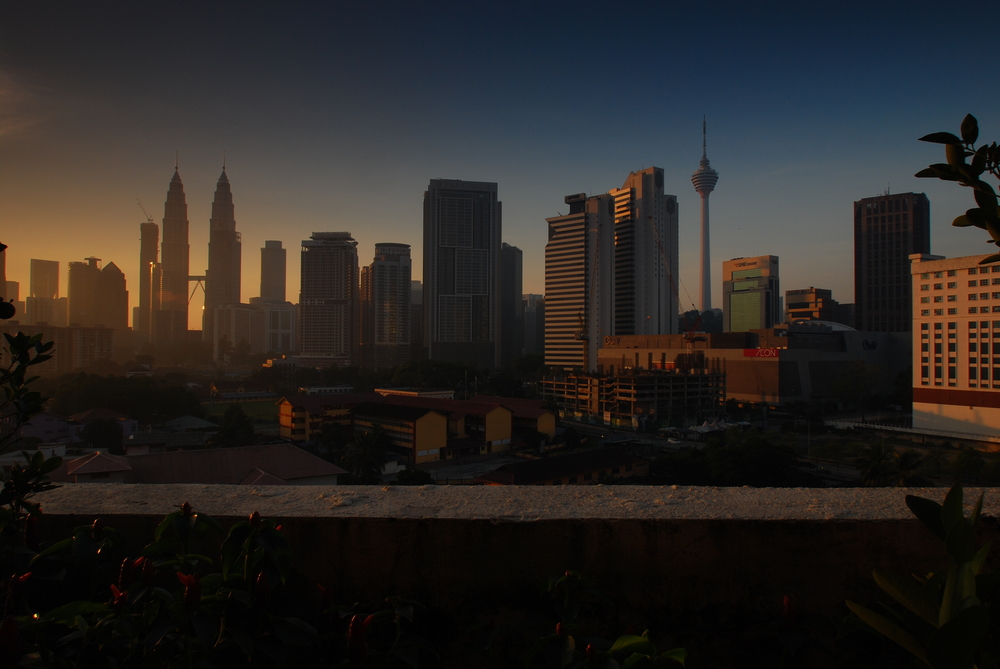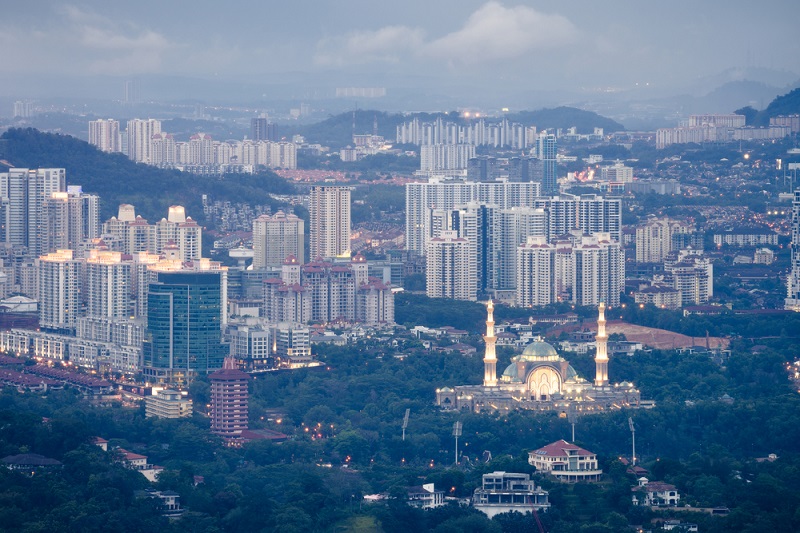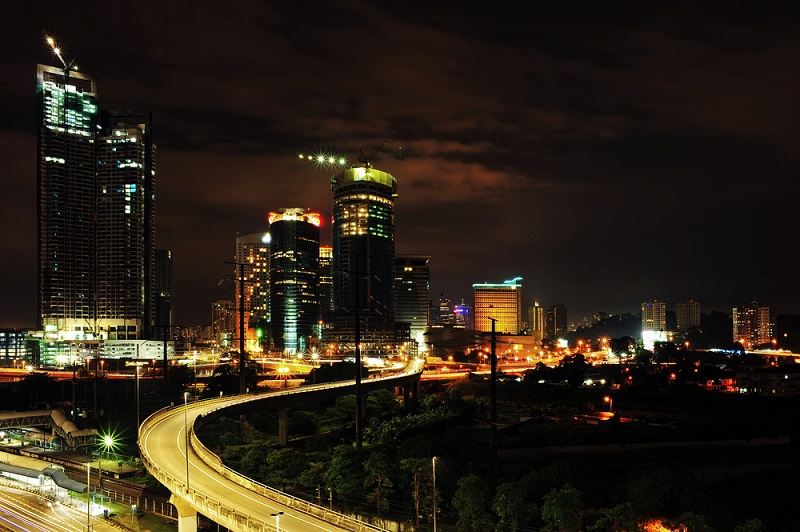In the last few months, we’ve seen announcements for a number of new government programs, policies, and platforms that have not been, to put it mildly, especially well-communicated. The new fuel pricing scheme, the tourism tax bill, and higher medical deposits for foreign residents are just three recent examples.
Those of us working in business quickly learn the importance of managing expectations. We also learn the value of under-promising and over-delivering (rather than its opposite, which never ends well). Still another worthwhile lesson is the importance of controlling the message. All of this is down to effective communication, and it’s as applicable to government as it is business. Good communication, however, is something that frequently eludes government – and it’s certainly not a phenomenon unique to Malaysia.
A key problem in Malaysia’s case, though, isn’t necessarily the government, but rather the media who report on it. I’ve been to a number of government-held press conferences over the years, and they usually follow this format: a row of government officials will sit at a table with the media assembled before them. The press release is read or presented, often in a tedious, droning manner.
There may be a couple of cursory questions, but that’s not a given. All the assembled media will dutifully take notes, there will be scores of photos snapped, and sometimes snacks and treats will even be served. It’s not a press conference; it’s just a staged presentation of a written press release.
Journalism requires hard questions, it requires digging for details, pressing to get more information, seeking greater clarity. That doesn’t happen here nearly enough. How many times have you a read a story in the local news and craved more details, more information, more substance?

The word milquetoast is more known to Americans than to others, as it was derived from a character in a comic strip which ran in New York in the 1920s called The Timid Soul. Caspar Milquetoast was a meek, timid man, and over time, the name became synonymous with his character traits. Now the word, used as a noun or an adjective, basically refers to a spineless, unassertive person who is very timid and easily intimidated or dominated.
Well, in my experience, this all too often describes members of the press corps here in Malaysia. Part of the media meekness here exists because, for all of Malaysia’s many positive attributes, being an open, full democracy really isn’t one of them, and the lack of freedom of the press is a part of that. That’s the assessment of the UK-based Economist Intelligence Unit, which has ranked Malaysia in 65th place of 167 countries, categorising it as a ‘flawed democracy’ and, with an overall Democracy Index rating of 6.54 out of 10, barely half a point removed from being a ‘hybrid regime.’
When taking the definition for this latter category into consideration – “nations where consequential irregularities exist in elections, regularly preventing them from being fair and free, governments which apply pressure on political opponents, non-independent judiciaries, widespread corruption, and harassment and pressure placed on the media” – one wonders if Malaysia can keep itself out of this realm much longer. It’s as troubling to expats as it is to Malaysians.
Many expats have a great affection for Malaysia and have expressed their concern to us over what they see as an erosion of rights and basic freedoms in the country, and there’s not much that’s more critical to this than freedom of speech and freedom of the press. Though it’s possible that the timidity of the press corps is due in part to the non-confrontational culture of Malaysians in general, I think it’s also safe to assume that the pressures that are put on the media here play a part, too.
We’ve seen blogs and newspapers shut down, we’ve seen media offices raided by the authorities, we’ve seen journalists and editors arrested, we’ve even seen people remanded by the police for their Facebook posts and WhatsApp messages! Clearly, this sort of harassment ultimately fosters a press corps that’s content to sit quietly taking notes in even the most innocuous of press conferences.
Now, to be fair, unbridled freedom of the press has its own rash of unintended consequences, especially today in the Internet age. Anyone with a computer and the most modest of online skills can publish blogs, create ‘news’ sites, upload video reports, and spread lies and misinformation at will. Indeed, the entire rise of the ‘fake news’ phenomenon is a rather new one, and certain limits on free speech and a free press could possibly rein this in. But such controls are often a slippery slope, and you could easily end up with not just false information being scrubbed and eliminated, but also any information that, while accurate and relevant, could be seen as unflattering to those who sit at the levers of control. (Witness the recent arrest and custody of a Malaysian man simply for uploading a video of his rant against a traffic policeman!)

Nevertheless, it would be nice to have a media who ask serious questions at these conferences, particularly when new programs or policies are being rolled out. Questions like, “How could parliament pass a tourism tax bill without knowing what the rates are going to be or what effect it will have on the tourism industry?” Or, “Does the increase in the medical deposits required by foreign residents mean the treatment and services will cost more, too?”
Or, “How can this fuel pricing plan take effect when stations aren’t even prepared for it with new signage? And why is the government prohibiting any discounts upon the plan’s roll out and not giving a timeline for when sellers can offer discounts?” These are fundamental, basic questions about these policies and programs, and there are plenty more that deserve answers. But too often here, it seems nobody really asks, and the people who read these stories are frequently left wanting more details.
In any country, the relationship between the government and the media is a tenuous one, and it’s no different here. Encouragingly, there has been a generally positive (if painfully slow) trend in many Asian countries over the last decade that has seen them move to a more open and full representation of democracy, though Asia as a whole admittedly still lags far behind the West in this regard.
Can Malaysia improve its Democracy Index rating? Perhaps, but it takes initiative on the part of the people and a clear desire and vision from their government leaders. And it also takes a strong press corps. It’s time for Malaysia’s media to step up and, at the very least, be a more effective communicator between the government and the Malaysian people who that government is meant to serve.
A version of this article was originally published in The Expat magazine (May 2017) which is available online or in print via a free subscription.
"ExpatGo welcomes and encourages comments, input, and divergent opinions. However, we kindly request that you use suitable language in your comments, and refrain from any sort of personal attack, hate speech, or disparaging rhetoric. Comments not in line with this are subject to removal from the site. "

















